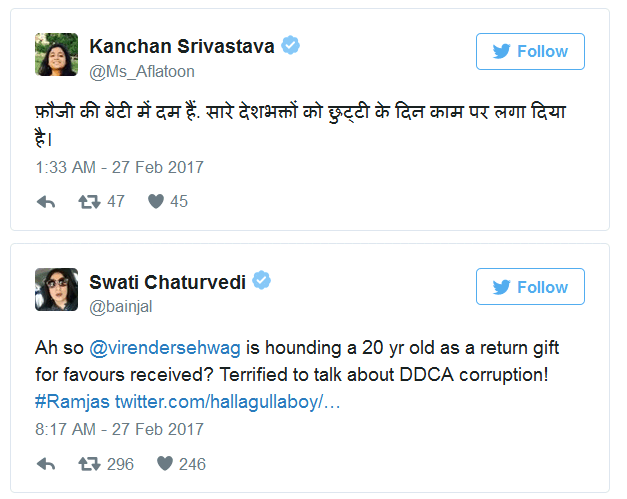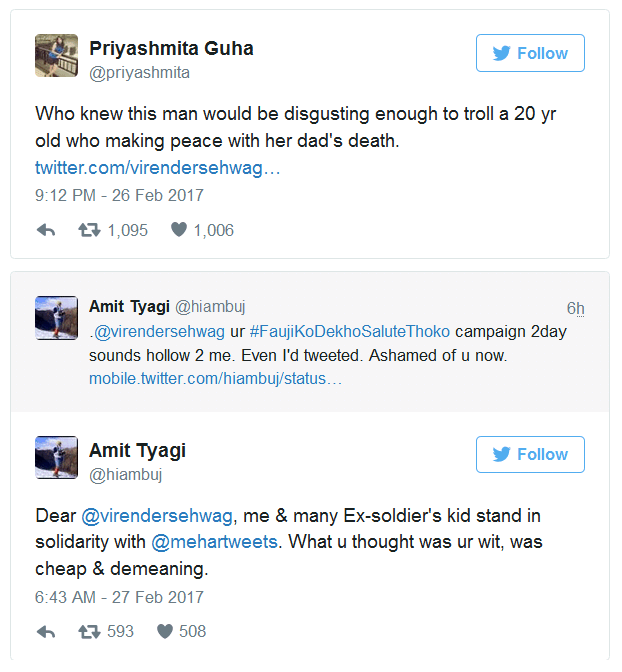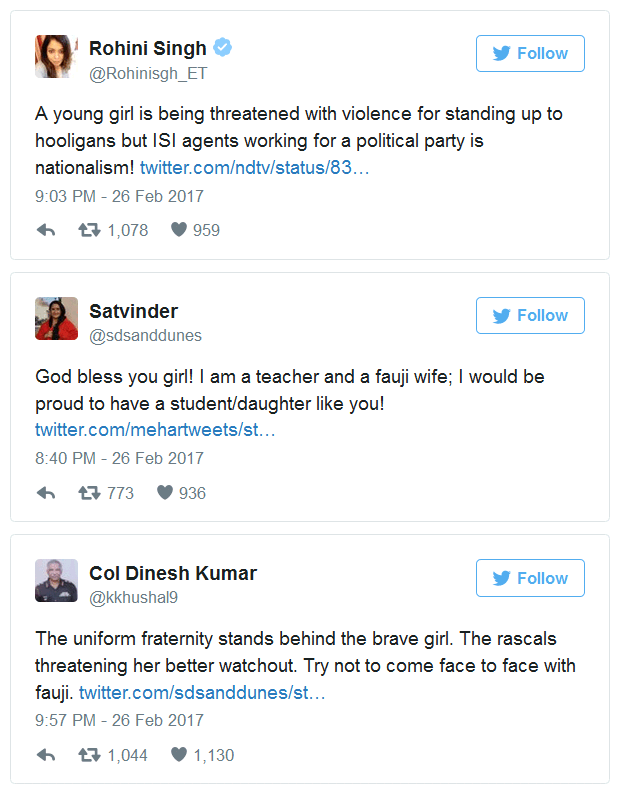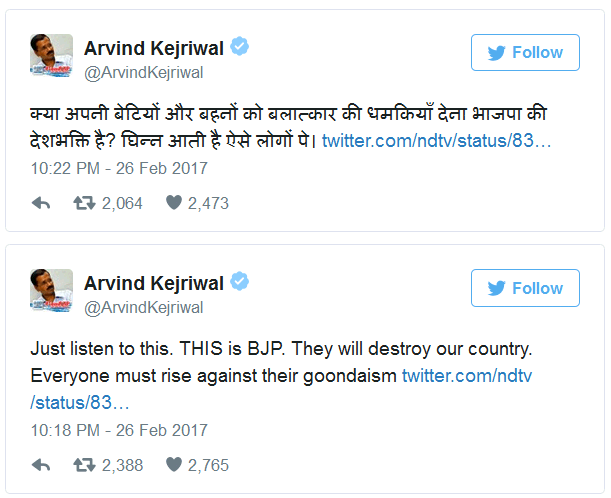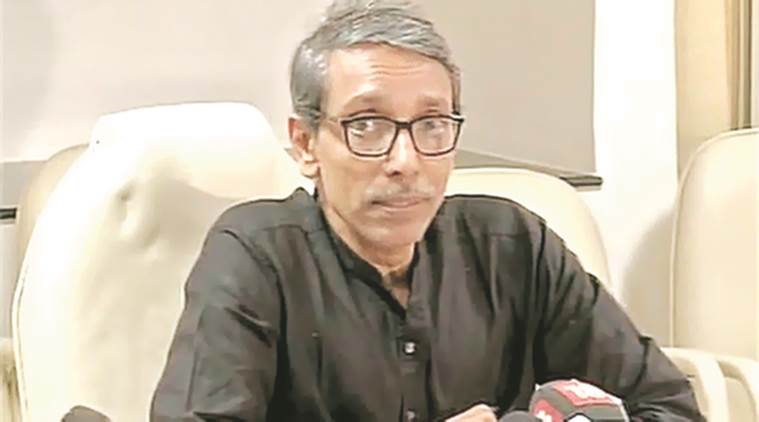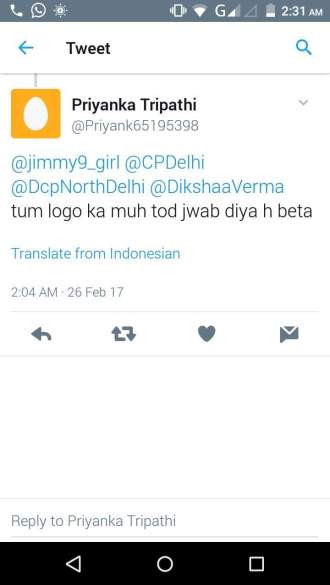The popularity among Muslims and non-Muslims of tomb veneration alarms many conservative Muslims.
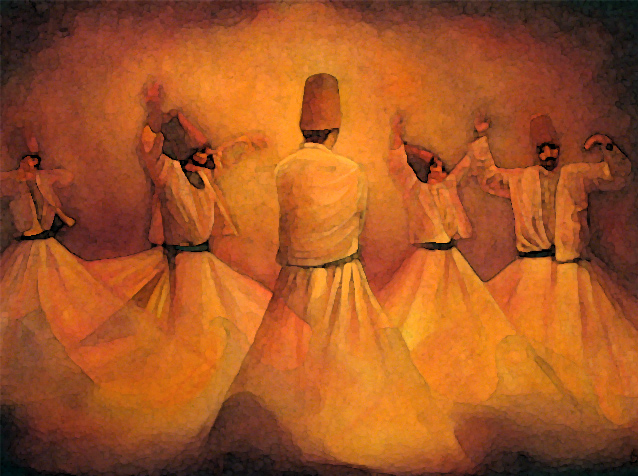
On Feb. 16, 2017, a bomb ripped through a crowd assembled at the tomb of a Sufi saint, Lal Shahbaz Qalandar, in southeastern Pakistan. Soon thereafter, the so-called Islamic State claimed responsibility for the attack. ![]()
In recent times, such attacks have targeted a variety of cherished sites and individuals in Pakistan. These have ranged from the 2010 bombing of the tomb of another Sufi saint, Data Ganj Bakhsh, to the murder of a popular Sufi singer, Amjad Sabri, in 2016.
As a scholar of Muslim and Hindu traditions, I’ve long appreciated the various and influential roles that Sufis and their tombs play in South Asian communities. From my perspective, the repercussions of such violence go far beyond the scores of bodies strewn around the damaged shrine and the devastated families in one geographical region.
Many Muslims and non-Muslims around the globe celebrate Sufi saints and gather together for worship in their shrines. Such practices, however, do not conform to the Islamic ideologies of intolerant revivalist groups such as the Islamic State.
Here’s why they find them threatening.
Who are the Sufis?
The origins of the word “Sufi” come from an Arabic term for wool (suf). It references the unrefined wool clothes long worn by ancient west Asian ascetics and points to a common quality ascribed to Sufis – austerity.
Commonly Muslims viewed this austerity as stemming from a sincere religious devotion that compelled the Sufi into a close, personal relationship with God, modeled on aspects of the Prophet Muhammad’s life. This often involved a more inward, contemplative focus than many other forms of Islamic practice.

In some instances, Sufis challenged contemporary norms in order to shock their Muslim neighbors into more religiously intentional lives. For example, an eighth-century female Sufi saint, known popularly as Rabia al-Adawiyya, is said to have walked through her hometown of Basra, in modern-day Iraq, with a lit torch in one hand and a bucket of water in another. When asked why, she replied that she hoped to burn down heaven and douse hell’s fire so people would – without concern for reward or punishment – love God.
Others used poetry in order to express their devotion. For example, the famous 13th-century Persian poet and Sufi leader Jalāl ad-Dīn Muhammad Rūmī relied upon themes of love and desire to communicate the yearning for a heartfelt relationship with God. Others, such as such as Data Ganj Bakhsh, an 11th-century Sufi, wrote dense philosophical tracts that used complicated theological arguments to explain Sufi concepts to Islamic scholars.
Sufi veneration
Many Sufis are trained in “tariqas” (brotherhoods) in which teachers carefully shape students.
Rumi, for example, founded the famous “Mevlevi” order best known as “whirling dervishes” for their signature performance.
This is a ritual in which practitioners deepen their relationship with God through a twirling dance intended to evoke a religious experience.
Some Sufis – men and, sometimes, women – came to gain such a reputation for their insight and miracles that they were seen to be guides and healers for the community. The miracles associated with them may have been performed in life or after death.
When some of these Sufis died, common folk came to view their tombs as places emanating “baraka,” a term connoting “blessing,” “power” and “presence.” Some devotees considered the baraka as boosting their prayers, while others considered it a miraculous energy that could be absorbed from proximity with the shrine.
For the devotees, the tombs-turned-shrines are places where God gives special attention to prayers. However, some devotees go so far as to pray for the deceased Sufi’s personal intercession.
A place of interfaith worship?
So, why do some groups like the so-called Islamic State violently oppose them?
I argue, there are two reasons: First, some Sufis – as illustrated by Rabia, the Sufi from Basra – deliberately flout the Islamic conventions of their peers, which causes many in their communities to condemn their unorthodox views and practices.
Second, many Muslims, not just militants, consider shrine devotion as superstitious and idolatrous. The popularity among Muslims and non-Muslims of tomb veneration alarms many conservative Muslims.
When a Sufi tomb grows in reputation for its miraculous powers, then an increasing number of people begin to frequent it to seek blessings. The tombs often become a gathering place for Hindus, Christians, Sikhs and people from other faiths.
Special songs of praise – “qawwali” – are sung at these shrines that express Islamic values using the imagery of love and devotion.
However, Islamist groups such as the Taliban reject shrine worship as well as dancing and singing as un-Islamic (hence their assassination of the world-famous qawwali singer Amjad Sabri). In their view, prayers to Sufis are idolatrous.
Success of Sufi traditions
Sufi traditions reflect a vastly underreported quality about Islamic traditions in general. While some revivalist Muslim movements such as the Wahhabis and other Salafis see only one way of observing Islam, there are others who embrace its diversity.
Many Muslims proudly defend Sufi customs such as shrine devotions because they are so integral to Muslim and non-Muslim communities, not only in South Asia but throughout the world. For many, these sites offer an Islamic expression of what it means to love God.
In fact, historically, in many regions of the world Sufis have been highly successful in adapting Islamic theologies and practices to local customs for non-Muslims. For this reason, Sufi traditions have been credited for the majority of conversions to Islam in South Asia.
It is only with the global expansion of Islamist revivalist groups in the last century that the urge to absolute conformity has become so strong. Even then, a majority of Muslims accept such divergent Islamic practices.
Given the popularity of Sufis, it’s no wonder IS objects to such models of Islamic pluralism.
Peter Gottschalk, Professor of Religion, Wesleyan University
This article was originally published on The Conversation. Read the original article.


